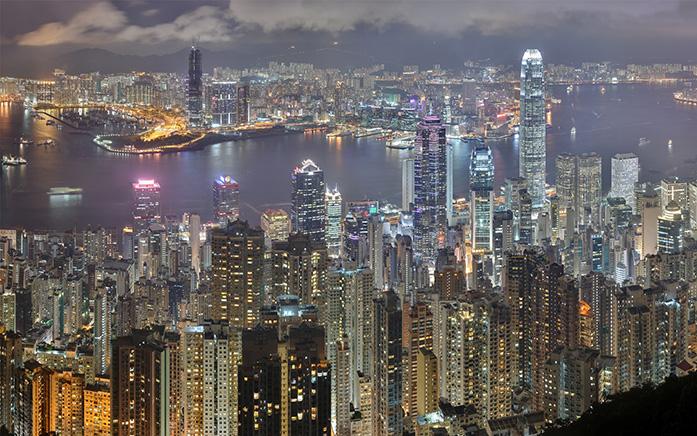Jacob Prall
[email protected]
President Xi Jinping of China has a vision. It’s a new multinational, multibillion, and multipurpose bank. This new world bank would finance infrastructure (e.g., roads, rails, power grids, you name it) across the continent of Asia. In a lot of ways, it makes sense. Imagine the United States doesn’t have two neighbors but 14, and many of them are poor, slowly developing countries that serve as hotbeds for extremism. Oh, and they have nuclear weapons.
It’s not hard to imagine that this fictitious United States might use its vast resources and construct a world bank to strengthen ties with its neighbors, increase its influence, and stabilize its economy, while building up their neighbors. It’s not hard to imagine because that’s what happened in 1944, with the creation of the IMF and World Bank. The US didn’t have the destitute, extremist neighbors: just war-exhausted allies and the Communist menace, the USSR.
China shares a border with such major world powers as Russia, Japan and India. It also shares borders with slowly developing nations, including Tajikistan, Afghanistan, Pakistan, Laos, Mongolia, and Kazakhstan. So Xi’s vision isn’t a surprising one. His neighbors don’t have the infrastructure necessary for a prosperous, global economy. In fact, China and its neighbors need an estimated $8 trillion in infrastructure from ports to power plants. But Xi has someone in his way. U.S. President Obama.
Well, it’s more than just Obama. The U.S. fears are understandable. China is the most populous nation in the world, with an economic power that rivals the United States, a growing military (though nowhere near that of the U.S.), and a lot of sway in international politics. There is fear China will use the bank to set global economic agenda while forgoing environmental protections, human rights, and anticorruption measures. China’s track record is less than admirable in all three of those fields. They also have a history of superfluous spending on internal infrastructure.
China’s rise has had consequences, though. Rampant pollution, for example, plagues the urbanites of Chinese cities. Another major consequence, and this one is important, is the absolute intertwining of the Chinese and US economies. As Chinese consumer spending power has grown, U.S. business aren’t just moving factories to China to exploit lower labor costs, but making large percentages of their profits there as well.
I would like to posit a possible advantage to this system that could assist the entire globe. Infrastructure is necessary for prosperity. Lack of prosperity, in all its forms, breeds discontent. When the lack becomes extreme enough, it breeds extremism. If the U.S. takes up a part in the new Chinese world bank, infrastructure spending in Afghanistan could lead to lasting stability. Who knows, maybe investment in actually useful things for the peoples of the Middle East will bring lasting stability; perhaps it’s time for a try, as war has failed to live up to the task.









